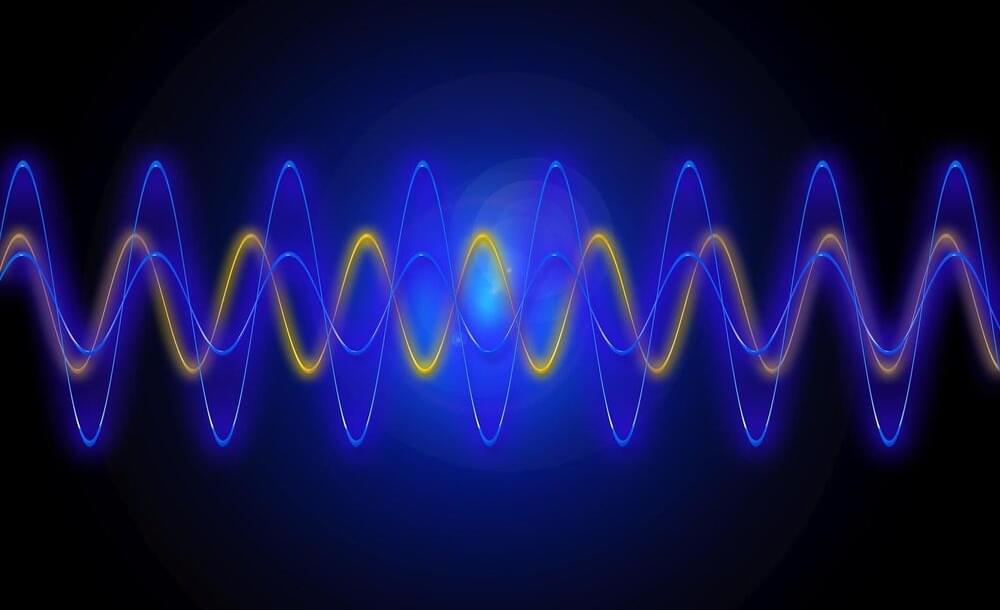Researchers have created a device that enables them to electronically steer and focus a beam of terahertz electromagnetic energy with extreme precision. This opens the door to high-resolution, real-time imaging devices that are hundredths the size of other radar systems and more robust than other optical systems.
Terahertz waves, located on the electromagnetic spectrum between microwaves and infrared light, exist in a “no man’s land” where neither classic electronics nor optical devices can effectively manipulate their energy. But these high-frequency radio waves have many unique properties, like the ability to pass through certain solid materials without the health effects of X-rays. They may also enable higher-speed communications, or vision systems that can see through foggy or dusty environments.
The Terahertz Integrated Electronics Group at MIT, led by Associate Professor Ruonan Han, seeks to bridge this so-called terahertz gap. These researchers have now demonstrated the most precise, electronically steerable, terahertz antenna array, which contains the largest number of antennas. The antenna array, called a “reflectarray,” operates like a controllable mirror with its direction of reflection guided by a computer.
